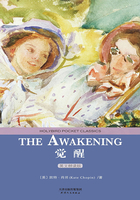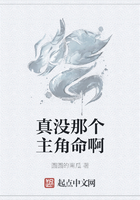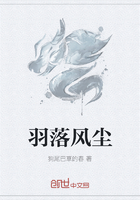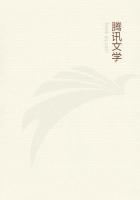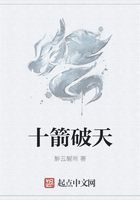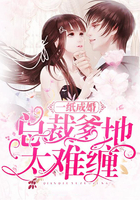For the room, Dulcie paid two dollars per week. Onweek-days her breakfast cost ten cents; she made coffeeand cooked an egg over the gaslight while she wasdressing. On Sunday mornings she feasted royally onveal chops and pineapple fritters at “Billy’s” restaurant,at a cost of twenty-five cents—and tipped the waitressten cents. New York presents so many temptations forone to run into extravagance. She had her lunches in thedepartment-store restaurant at a cost of sixty cents forthe week; dinners were 1.05. The evening papers—showme a New Yorker going without his daily paper!—came tosix cents; and two Sunday papers—one for the personalcolumn and the other to read—were ten cents. The totalamounts to 4.76. Now, one has to buy clothes, and—I give it up. I hear of wonderful bargains in fabrics, andof miracles performed with needle and thread; but I amin doubt. I hold my pen poised in vain when I would addto Dulcie’s life some of those joys that belong to womanby virtue of all the unwritten, sacred, natural, inactiveordinances of the equity of heaven. Twice she had beento Coney Island and had ridden the hobby-horses. ’Tis aweary thing to count your pleasures by summers instead ofby hours.
Piggy needs but a word. When the girls named him,an undeserving stigma was cast upon the noble familyof swine. The words-of-three-letters lesson in the oldblue spelling book begins with Piggy’s biography. He wasfat; he had the soul of a rat, the habits of a bat, and themagnanimity of a cat . . . He wore expensive clothes; andwas a connoisseur in starvation. He could look at a shopgirland tell you to an hour how long it had been since shehad eaten anything more nourishing than marshmallowsand tea. He hung about the shopping districts, andprowled around in department stores with his invitationsto dinner. Men who escort dogs upon the streets at theend of a string look down upon him. He is a type; I candwell upon him no longer; my pen is not the kind intendedfor him; I am no carpenter.
At ten minutes to seven Dulcie was ready. She lookedat herself in the wrinkly mirror. The reflection wassatisfactory. The dark blue dress, fitting without a wrinkle,the hat with its jaunty black feather, the but-slightly-soiledgloves—all representing self-denial, even of food itself—were vastly becoming.
Dulcie forgot everything else for a moment except thatshe was beautiful, and that life was about to lift a cornerof its mysterious veil for her to observe its wonders. Nogentleman had ever asked her out before. Now she wasgoing for a brief moment into the glitter and exalted show.
The girls said that Piggy was a “spender.” There wouldbe a grand dinner, and music, and splendidly dressed ladiesto look at, and things to eat that strangely twisted thegirls’ jaws when they tried to tell about them. No doubtshe would be asked out again. There was a blue pongeesuit in a window that she knew—by saving twenty centsa week instead of ten, in—let’s see—Oh, it would runinto years! But there was a second-hand store in SeventhAvenue where—
Somebody knocked at the door. Dulcie opened it. Thelandlady stood there with a spurious smile, sniffing forcooking by stolen gas.
“A gentleman’s downstairs to see you,” she said. “Nameis Mr. Wiggins.”
By such epithet was Piggy known to unfortunate oneswho had to take him seriously.
Dulcie turned to the dresser to get her handkerchief;and then she stopped still, and bit her underlip hard.


